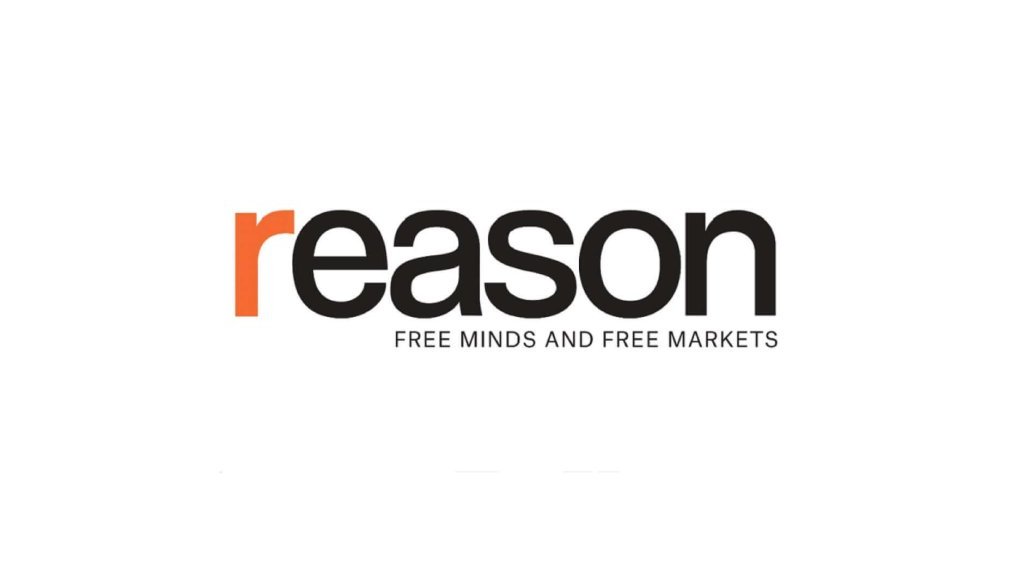With U.S. Steel Decision, Biden Turned His Back on Opposing Monopolies
As he signed a sweeping executive order in July 2021 intended to crack down on anticompetitive business practices, President Joe Biden declared that “capitalism without competition isn’t capitalism, it’s exploitation.”
That would become something of a catchphrase for Biden’s presidency—and a mission statement for his appointees. Biden’s Justice Department blocked the merger of JetBlue and Spirit Airlines on the grounds that consumers would be harmed by the consolidation of the budget airline industry. At the Federal Trade Commission, Biden-appointed Commissioner Lina Khan launched a crusade against all sorts of mergers and acquisitions. “Capitalism without competition isn’t capitalism,” Biden reminded everyone as he announced plans to goose competition in the meat processing industry in 2022.
As he heads for the exit, however, one of Biden’s final executive actions lays the groundwork for a massive consolidation of the American steel industry. In blocking U.S. Steel’s acquisition by Nippon Steel, Biden apparently tossed his concerns about competition and consolidation out the window.
At first blush, that might seem counterintuitive. How can preventing a merger lead to greater consolidation?
The answer lies in the third party that played a major role in blowing up the U.S Steel/Nippon Steel deal: Cleveland-Cliffs, the Ohio-based steelmaker that lost to Nippon in the bidding war to buy U.S. Steel.
It is widely assumed that Cleveland-Cliffs will be able to purchase U.S. Steel (probably at a steep discount) if the deal with Nippon does not go through, and that likely explains why Cleveland-Cliffs has lobbied so hard to tank the deal. The company pulled together an unconventional alliance of politically connected allies, including labor unions and environmental groups, to bolster its own significant lobbying efforts.
If Cleveland-Cliffs ends up buying U.S. Steel, it will enjoy a near-monopoly on a variety of steel products produced in America. Combine that with the fact that tariffs and other trade barriers make it more expensive to import steel, and it means steel-consuming industries will have few options for supplying their needs.
That is, of course, exactly what Cleveland-Cliff is counting on. “A Cleveland-Cliffs-U.S. Steel combo would control 100% of U.S. blast furnace production, 100% of domestic steel used in electric-vehicle motors, and 65% to 90% of other domestic steel used in vehicles,” wrote The Wall S
Article from Reason.com

The Reason Magazine website is a go-to destination for libertarians seeking cogent analysis, investigative reporting, and thought-provoking commentary. Championing the principles of individual freedom, limited government, and free markets, the site offers a diverse range of articles, videos, and podcasts that challenge conventional wisdom and advocate for libertarian solutions. Whether you’re interested in politics, culture, or technology, Reason provides a unique lens that prioritizes liberty and rational discourse. It’s an essential resource for those who value critical thinking and nuanced debate in the pursuit of a freer society.




